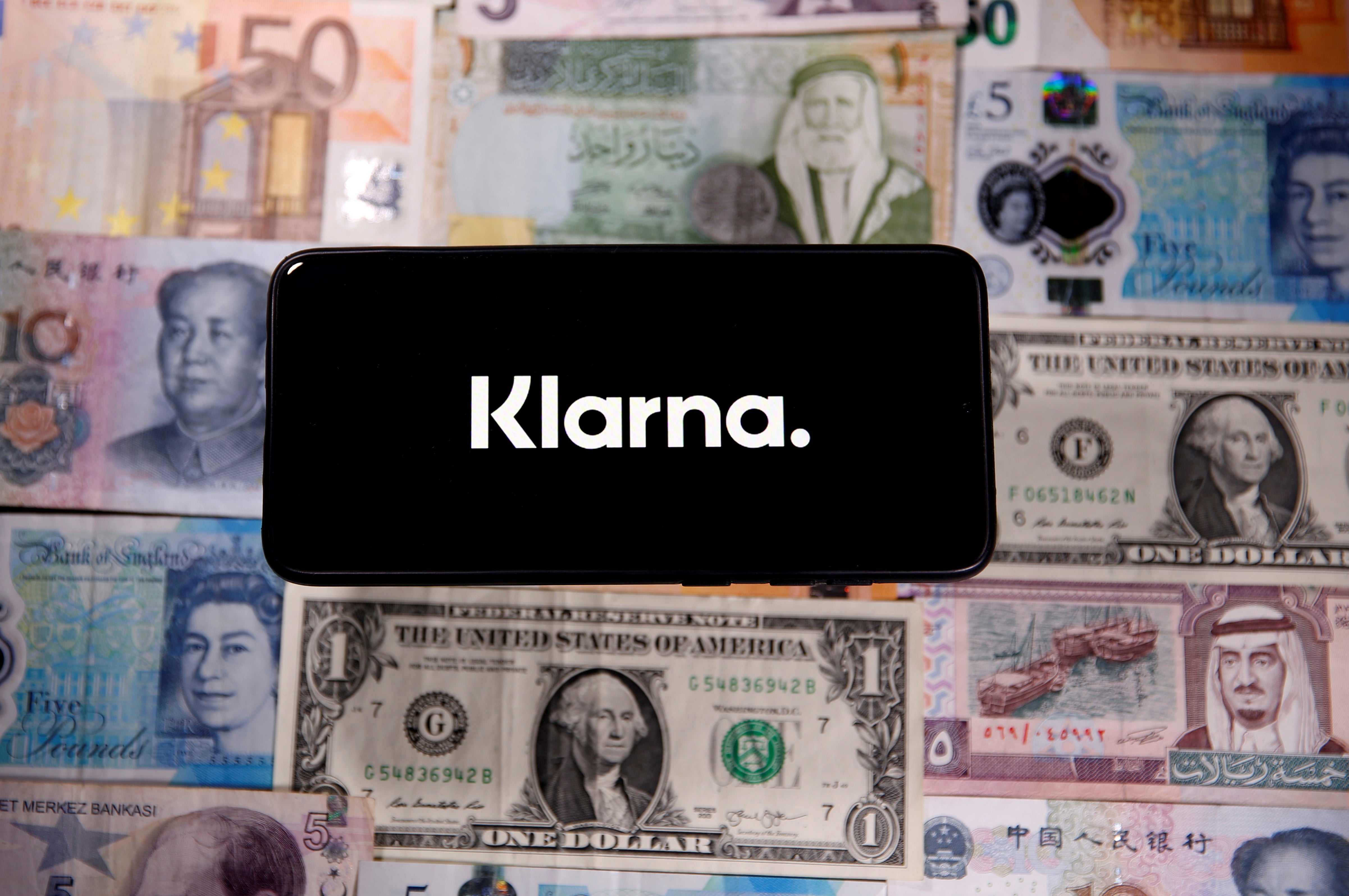Is Klarna’s latest move enough to save ‘buy now, pay later’ schemes?
Sincere or just cynical? As Klarna scrambles to save face in light of an impending crackdown, James Moore can’t help but remain sceptical


Amid mounting criticism of the buy now, pay later (BNPL) industry, Klarna, its poster child and leading player, has responded with a series of tweaks to its offering.
The most notable of these is the addition of a “pay now” facility. This will give its users, the majority of whom are young and female, the option of settling the bills for their shopping immediately rather than after 30 days or via three monthly instalments. The latter pair are the products on which the company has made its name.
“Globally Klarna offers a wide range of payment and shopping services and its ‘Pay Now’ immediate payment option is extremely popular globally,” gushes the announcement.
That’s a lot of global for one sentence. Perhaps that we should add that problem debt is a global problem? But wait, there’s more.
There are also claims that the company is improving its credit checking to make it more thorough and the promise of “strengthened” language at the check-out to make it “absolutely clear that BNPL options are credit products, with consequences for missed payments”.
Finally, Klarna is removing late fees from its regulated financing product – the one which allows consumers to repay over longer periods.
Apparently all this supports “Klarna’s commitment to financial inclusion by giving safer access to credit for those individuals with a limited conventional credit history, which is reliant on the use of credit cards and does not reflect how people are choosing to make payments today”.
Spare me. Klarna isn’t a charitable campaign aimed at bringing “financial inclusion” to the masses. It is a business that seeks to make money through the provision of a product that can create real problems if people fail to see it for what it is: a form of short term credit. A loan.
The problems with the BNPL sector have become sufficiently widespread to have alarmed regulators.
Klarna’s is actually being cute, and maybe even cynical, with the “buy now, pay now” change because while it looks like it is designed to address some of the industry’s issues, by improving users’ money management options, it actually benefits Klarna.
It is another string to its bow, one that makes it look more like an online wallet a la PayPal, which has itself moved into the BNPL space. When did businesses ever lose by offering their customers more options?
True, “pay now” is a good one. It is clearly preferable to suddenly getting whacked with a bill you can’t pay either 30 days or three months down the line. But come on. Having drawn much of critics’ fire through being the most visible BNPL operator, this feels like an attempt to buff up Klarna’s public image and to get ahead of the regulation that is coming.
I’m sceptical that the announcement amounts to anything more than window dressing because Klarna’s business model rests on getting people to spend more than they otherwise would. The reason retailers pay to work with the company is because it increases their sales, of clothing in particular but other goods too. However, the flip side of that is it can very easily tempt consumers into spending too much and to get into problems by so doing.
BNPL companies mightn’t charge the sort of usurious interest that payday loans companies were fond of in their heyday. On most of their products they doesn’t charge any interest at all. But debt is still debt, and problem debt is still problem debt, with all the nasty stuff that comes with it.
Klarna’s service is clearly a potential cause of problem debt. Which? last year found that two-fifths of shoppers admitted that they spent more when using BNPL than they usually would. Over half felt using it had contributed to increased levels of personal debt. QED.
The Financial Conduct Authority has its imperfections and its critics. They are often justified but I rather think it will see this announcement for what it is.
I have a few more concerns about the Treasury, which is still preparing the legislative framework for the regulation of this sector. It is to be hoped that John Glen, who has served as economic secretary to the Treasury for more than three years now, uses the experience he has built up in the role to prove me wrong, because this is a sector that has the capacity to cause an awful lot of pain. It needs to brought under control.






Join our commenting forum
Join thought-provoking conversations, follow other Independent readers and see their replies
Comments